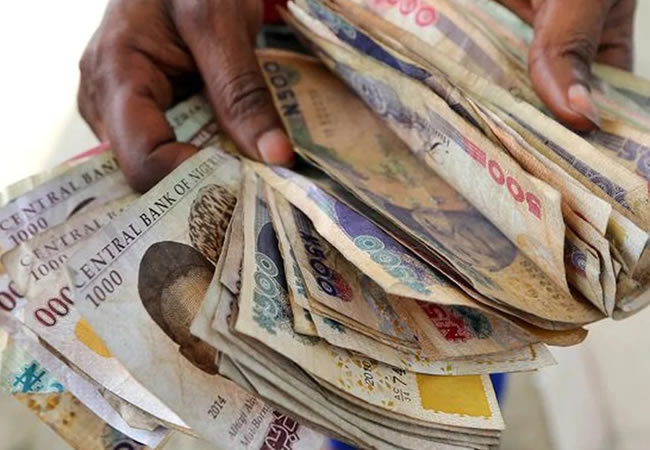The naira exchange rates differed due to an imbalance in the amount of foreign currency requested and supplied in the forex markets. On the one hand, the naira appreciated versus the US dollar. At the other end, the exchange rate deteriorated.
The market is still waiting for FX sales from the Central Bank of Nigeria (CBN) to saturate the supply side. Last Monday, the central bank sold US dollars to domestic deposit money institutions. However, currency dealers in the informal market are in short supply, despite increased demand for foreign money by anonymous FX users.
According to statistics from the FMDQ Securities Exchange, the naira maintained its upward trend versus the US dollar, rising 0.21% for the third day in a row to settle at N1,462.59 per dollar in the official market.
However, the parallel market was in a see-saw as Naira depreciated by 0.34%, closing at an average of N1471 per greenback amidst expectation that the apex bank would resume FX auction at subsidized rate with cap on FX spread.
In the global commodity market, West Texas Intermediate crude futures fell to $78 per barrel while the Brent Crude decelerated to $82.02 per barrel on Wednesday, following a surprise rise in US crude stockpiles.
According to the EIA, US crude oil inventories rose by 1.825 million barrels last week, contrary to market expectations of a 2.55-million-barrel decline. The report also indicated a rise in distillate stockpiles, while gasoline stocks decreased less than expected.
In a note, Fitch said Nigeria’s external reserves would face a daunted pressures from the sovereign nation’s upcoming Eurobond repayment due in November, 2024. According to the repayment schedule, government is expected to settle $1.1 billion obligation from US dollar bonds issuance in November, 2025.













